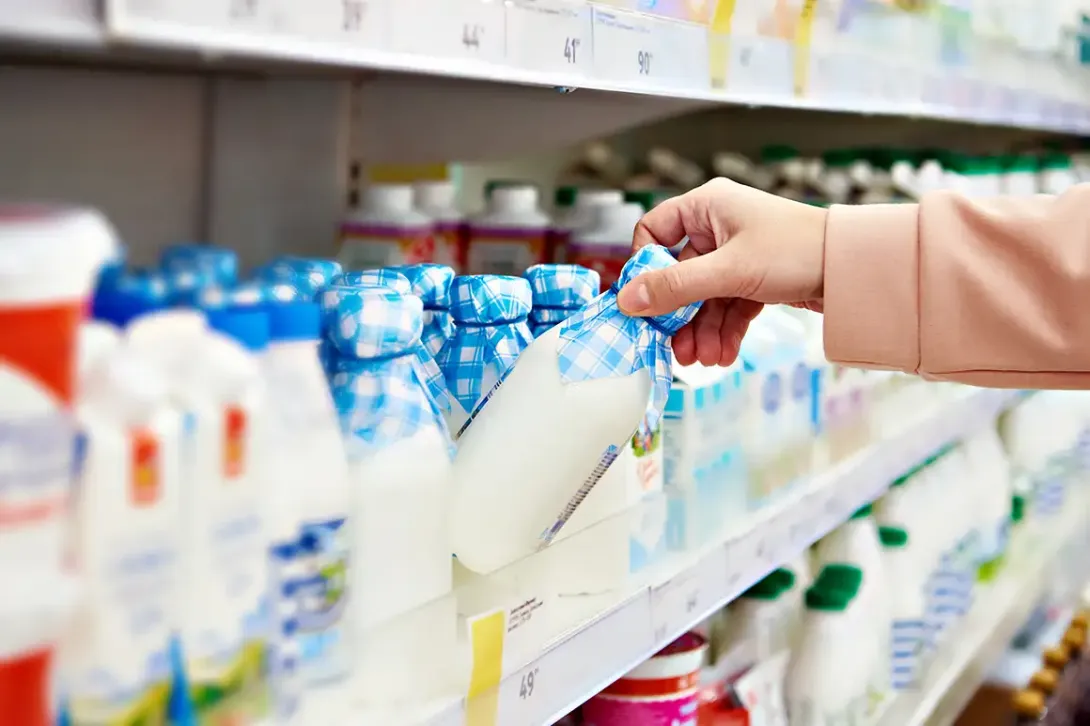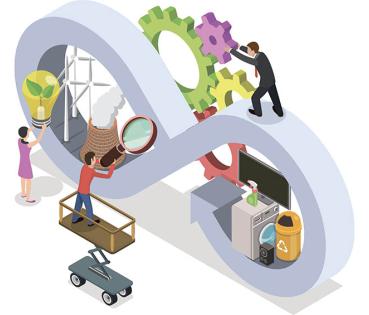
Changing our habits as consumers: an urgent issue
The effects of climate change are knocking at our door and their consequences may be devastating. Changing our behaviour as consumers has become an urgent task.
We are not revealing anything new if we say that the effects of climate change are one of the greatest challenges facing humanity. Episodes of severe drought and frequent heat waves are symptoms that are already being felt, impacting the production of numerous crops and the living conditions of many ecosystems. It is frightening to think that one day you will eat a fruit or visit a place without knowing that that was the last time you would be able to do so.
The current outlook may seem very bleak. Nonetheless, although the full weight of responsibility cannot be placed on individual behaviour, changing our habits as consumers, avoiding certain products, or checking their origin, can be a major contribution to the mitigation of such devastating outcomes.
How to change habits as consumers?
In recent decades, we have become used to being able to purchase all kinds of foods all year round. This would have seemed unthinkable just a few generations ago, but we now take it for granted. But as much as we might want to eat avocados in Europe or drink three cups of coffee a day, we cannot ignore the consequences.
Apart from the consequences of its production, the environmental effects of packaging and worldwide distribution must also be taken into account. The environmental impact of coffee capsules, for example, is much greater than if we purchase coffee beans.
On the other hand, the same distribution chain that allows us to have fruit and vegetables of all kinds in every month of the year arriving from all over the world also has a dreadful impact on the environment. Faced with this situation, the best option is to rely on the local markets, focusing on seasonal produce, and avoiding single-use plastic packaging by buying in bulk whenever possible.
On the other hand, and although it may be difficult for many to accept, vegans are right: the meat industry, and especially intensive livestock farming, is one of the most polluting businesses. Entirely ceasing to consume animal protein may not be necessary, but rather limiting such consumption and increasing the share of meat sourced from animals grazing on open-air farms.
Daily products
But beyond food, products such as razors, plastic or paper cups, sun creams, detergents or baby wipes are all highly polluting. In some cases, this is due to the use of palm oil, the production of which causes deforestation and produces large amounts carbon dioxide, damaging the atmosphere. The use of this oil is widespread. In addition to food, it is present in household products such as detergents, shampoos and toothpaste.
On the other hand, single-use products tend to have a huge impact by generating large quantities of waste that are very difficult to process and recycle. It is therefore preferable to always choose reusable options and reduce the amount of waste, as even biodegradable materials have a negative impact on the environment.




